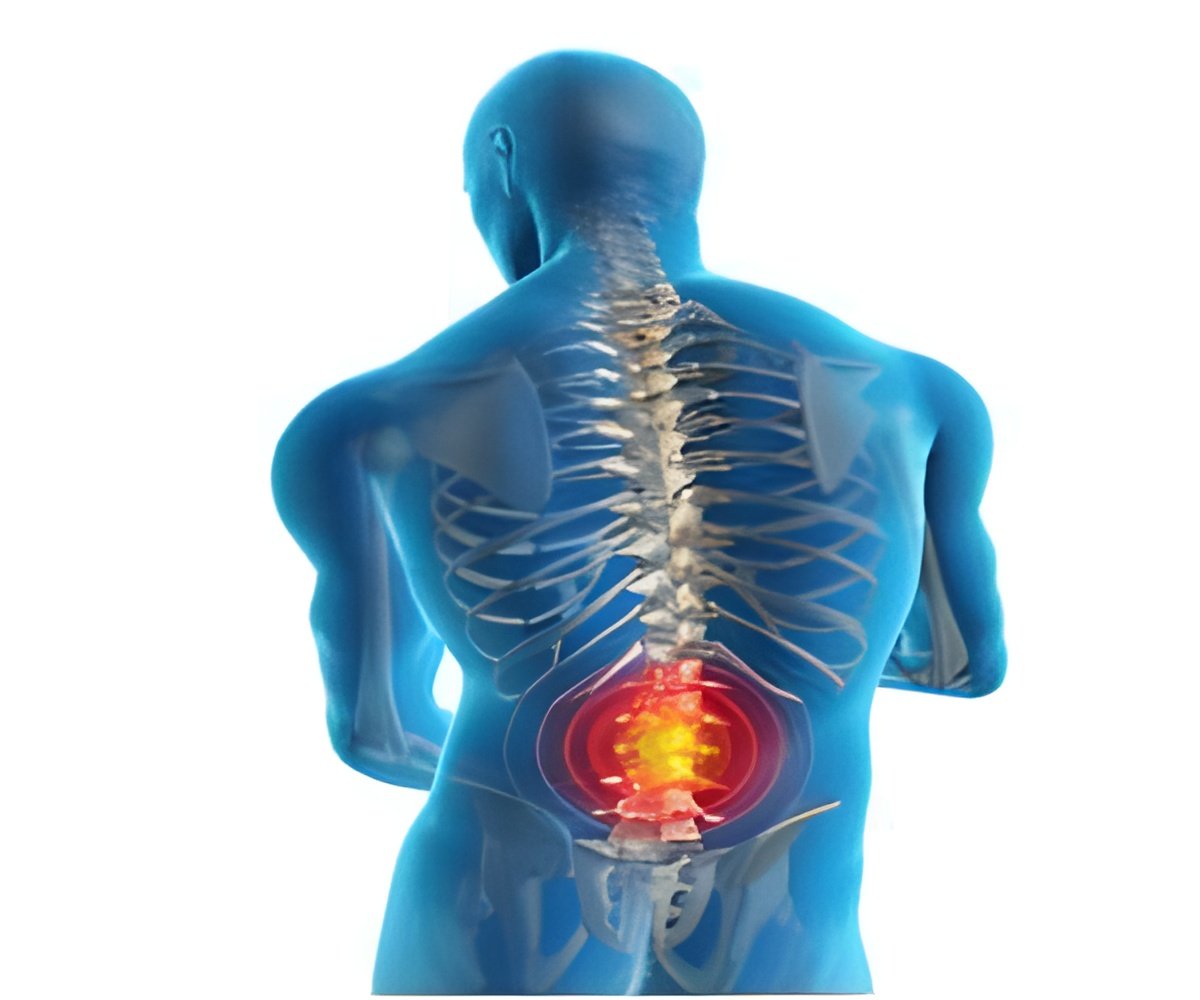
The study involved 11 healthy controls and 24 patients with reversible spinal cord compression. "When patients undergo surgery for spinal cord compression, some improve, some stay static and some continue to get worse. We're trying to understand which patients we can actually help and which patients will have limited benefit from surgery," explains Dr. Duggal, an associate professor in the Department of Clinical Neurological Sciences at Western's Schulich School of Medicine & Dentistry and a neurosurgeon with London Health Sciences Centre. "We're looking not only at the mechanisms of the spinal cord, but also, what's happening in the brain and how it responds to injury in the spinal cord, and whether there is any plasticity or ability in the brain to compensate for injury."
Bartha, an imaging scientist with Schulich's Robarts Research Institute and an associate professor in the Department of Medical Biophysics, and Kowalczyk, a PhD candidate, had the study participants do a simple motor task, tapping their fingers, while undergoing a 3 Tesla functional MRI scan. This test identified the parts of the brain that were involved in performing this movement, which is often impaired in patients with spinal cord compression. Once the area was localized, they examined it using proton-magnetic resonance spectroscopy to look at a range of different chemicals or metabolites such as neurotransmitters and amino acids. The goal was to determine whether the levels of these chemicals were any different in the subjects with spinal cord compression.
"Surprisingly, we saw a 15 per-cent decrease in the level of N-acetylaspartate to creatine in those with spinal cord compression. And this is really interesting because N-acetylaspartate is an amino acid that goes down when you have neuronal injury or when neurons are dying. I wasn't expecting to see such a large change in the brain from spinal cord compression," says Bartha.
The researchers are still trying to untangle whether this change is something that occurs over time, with the injury from the spinal cord propagating back into the brain. This finding has implications for whether or not the condition is reversible, and who may benefit from surgical procedures. The next step, currently underway, is to study whether metabolic levels in the brain change after surgery.
Source-Eurekalert













